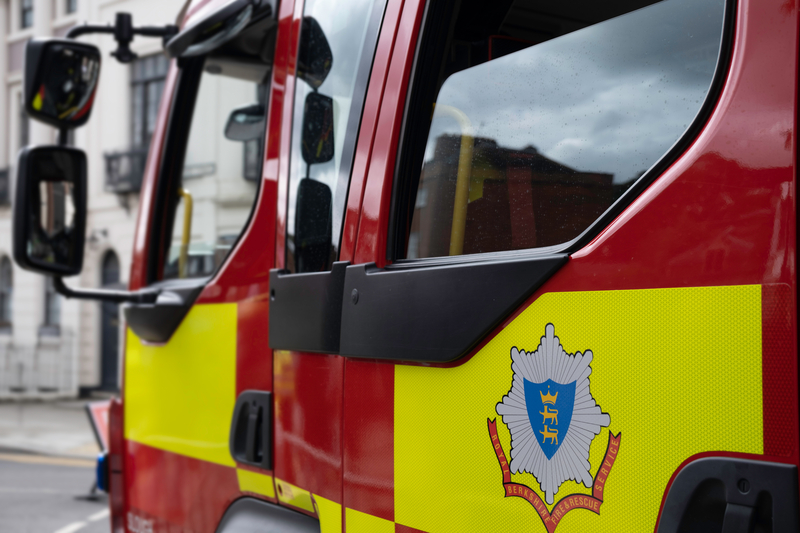
Navigating media scrutiny in the fire and rescue service
Since a damning 2022 report uncovering institutional racism and misogyny, the culture of UK fire and rescue services has been under intense media scrutiny. This month, the firefighting inspectorate has published another report that reveals there is still more to be done. The findings point to a continuing, urgent, need for transparent communication and transformative leadership to rebuild trust and integrity in the service. Â
Journalists are often drawn to stories of misconduct in public services because they expose that community ‘heroes’ are not living up to their caring image. Workplace cultures wont change overnight, so this interest will continue, and fire and rescue services will need to consider how best to prepare and react to media enquiries to protect their service from being in the news.
Numerous steps can be taken to ensure workplace culture does not impact on a services reputation.
Preparation
Every fire and rescue service should expect to receive media enquiries about their culture at some point. A culture audit is of course a useful starting point in helping you respond, and therefore it is advisable to undertake one before there is any suggestion of a media story. It will give you tangible evidence on which to base your response to any journalist, and will give you some positive reference points as well as giving you the opportunity to defuse any problems before they become public.
In the event of a story, PR and HR teams will need to collaborate quickly and understand their roles in a crisis. If they are not used to working together then carry out a scenario-based rehearsal as part of a training exercise. Roles and responsibilities should also be outlined in your crisis communications plan.
Senior staff may be doorstepped by journalists and it is therefore essential they receive bespoke media training from someone with recent broadcast journalism experience.
During
Having external legal and crisis PR teams on hand will ensure you get the right professional expertise along with a sense of perspective from people who have seen it all before. They will help identify your key stakeholders, set out who needs to know what, and explain where the story might go next.
Beware of overcommunication too. Even if journalists are very persistent you still have to have regard to duties of confidentiality, and in any case, it can make tactical sense to avoid detail and keep matters high-level.
What happens next?
There should be heightened vigilance for some time after any news item has been published. Be sure to keep stakeholders updated and show you are making progress on any pledges of action you have made. You can reflect on what you have learned from the experience by refining your crisis communications plan and training.
If you are a fire and rescue service and want to build your resilience to dealing with crises and issues, contact our specialist team who work with the emergency services and understand the unique pressures you face. Contact us on 020 7692 5675 or email [email protected].


